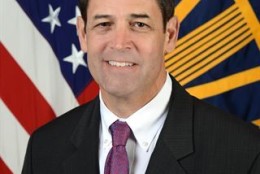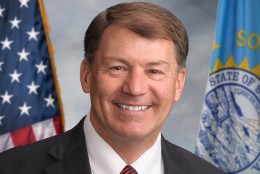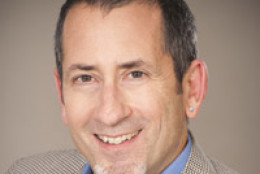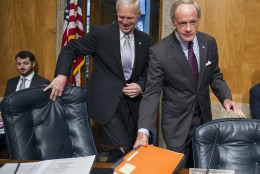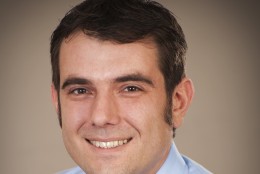cyber attacks
-
The National Institute of Standards and Technology gives a holiday gift to agencies and organizations in a how-to guide for recovering from a cyber attack.
December 23, 2016 Author and security expert Marc Goodman joins Derrick Dortch on this week's Fed Access to discuss cybersecurity , and how newly emerging technologies are changing the cyber threat landscape. December 2, 2016
November 24, 2016What is the state of cybersecurity in the federal government? Find out when Strategic Cyber Ventures CTO Ann Barron-DiCamillo joins host John Gilroy on this week's Federal Tech Talk. September 20, 2016
September 19, 2016-
The quickening pace and depth of cyber breaches seems to prove one thing. If a hacker is determined to break into your network, there's ultimately nothing you can do to stop it. But you can find out quicker, and minimize the damage. Jason Matlof, executive vice president at cyber startup LightCyber, joined the Federal Drive with Tom Temin to talk about how cyber attacks are only getting worse.
June 28, 2016 -
The Defense Department is still searching for a solid answer on how it will respond to a cyber attack on U.S. infrastructure.
June 23, 2016 -
In the age of cyber attacks, it's a little tougher to know exactly what constitutes an act of war. But it's a question of growing importance. Sen. Mike Rounds (R-S.D.) thinks the administration ought to define a cyber act of war. He talks to Federal Drive with Tom Temin about legislation he introduced to do just that.
May 20, 2016 -
A cyber attack can do real damage to both computer systems and infrastructure controlled by computer. But would it constitute and act of war?
May 20, 2016 It’s easy to set up a cyber-attack, but harder to defend against one. This was just one key point federal technology executives discussed on Federal News Radio’s panel, “Protecting the Front Line in Government Cyberattacks.” The panel took an in-depth look at the challenges federal IT executives face every day to keep federal networks safe and operational.
April 12, 2016-
Top officials at the Senate Homeland Security and Governmental Affairs Committee have signaled the alarm on a cybersecurity threat called "ransomware."
December 04, 2015 Robert Deitz, professor at George Mason University, discusses cyberattacks and why U.S. law gets in the way of us identifying and stopping the hackers.
November 01, 2015Senate Armed Services Committee Chairman John McCain (R-Ariz.) and other members are pushing Defense officials for a definitive policy on cyber attacks.
September 29, 2015-
The commander of US Cyber Command says he wants to create an effective early warning system for cyberspace – potentially ringing alarm bells when foreign adversaries are preparing attacks on government, or even private networks. But to do it, he says he needs more voluntary sharing of cyber threat information between the federal government and commercial companies. More from Federal News Radio’s DoD reporter Jared Serbu.
July 24, 2015 -
It now appears as if the Office of Personnel Management was hit with two major data thefts. One affected not 4 million current and former federal employees, as OPM first believed, but more like 14 million. The second theft took highly sensitive information about millions of people with security clearance, data from the so-called SF 86 forms. Cyber Expert Rodney Joffe, vice president and fellow at Neustar, joined Tom Temin on the Federal Drive to explain what this means if you are cleared, as well as for the agencies using cleared peopl
June 15, 2015 -
Over the next couple of weeks, millions of current, former and retired federal workers will be waiting to hear what, if anything, the super cyber attack may mean to them, says Senior Correspondent Mike Causey.
June 10, 2015 -
The vast majority of respondents to our Federal News Radio poll - 82 percent - said they were \"very worried\" about the breach and that if they were affected, they planned to take advantage of the credit monitoring services being offered by OPM.
June 09, 2015



